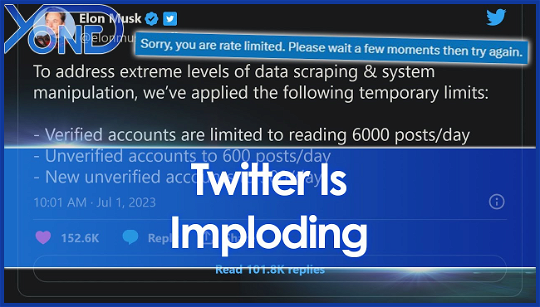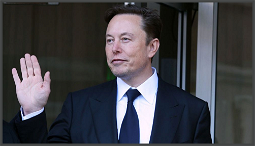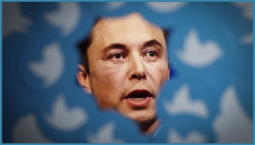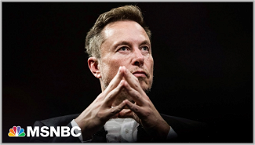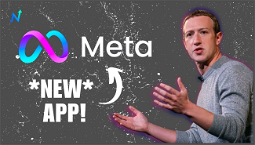Elon Musk's Twitter Activity and Its Impact on Twitter's Servers
Twitter users are speculating that Elon Musk's recent activity on the platform may be causing a "self-DDoS" or server overload. As the CEO of Tesla and a tech billionaire, Musk's actions are under scrutiny for potentially causing issues on the platform. While these claims may not be entirely accurate, they highlight the importance of maintaining a stable and reliable platform for all users.
Musk, known for his active presence on Twitter, has amassed a massive following and frequently engages with his followers through replies, retweets, and likes. Some users suggest that the influx of activity and engagement generated by Musk's tweets is straining Twitter's infrastructure, leading to slower load times, error messages, and temporary outages.
Twitter has faced similar challenges in the past, with high-profile events and celebrity interactions causing temporary outages or degraded performance. As Twitter remains a popular platform for communication, news, and social interaction, it is crucial for the company to address any potential infrastructure issues.
The impact of Elon Musk's presence raises questions about the scalability and resilience of Twitter's infrastructure. The ability to handle the increased activity generated by influential users like Musk is essential for maintaining a positive user experience.
These concerns also shed light on the broader issue of platform reliability and the challenges faced by Social Media companies in handling high levels of user engagement. As more users flock to Twitter and other social media platforms, ensuring stable and responsive infrastructure will be paramount.
Funny Reactions to Elon Musk's "Self-DDoS" on Twitter
While these concerns are speculative, Twitter users have shared some amusing reactions to Elon Musk's Twitter activity potentially causing a "self-DDoS" on the platform. These claims serve as a reminder of the importance of effectively managing and scaling platforms to accommodate growing demand. In an ever-evolving digital landscape, platforms must be prepared to handle the influx of user activity generated by influential figures like Elon Musk.
